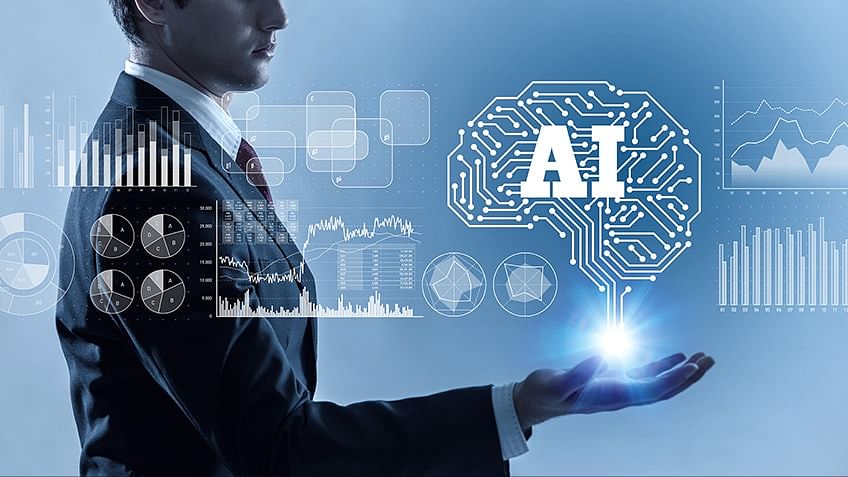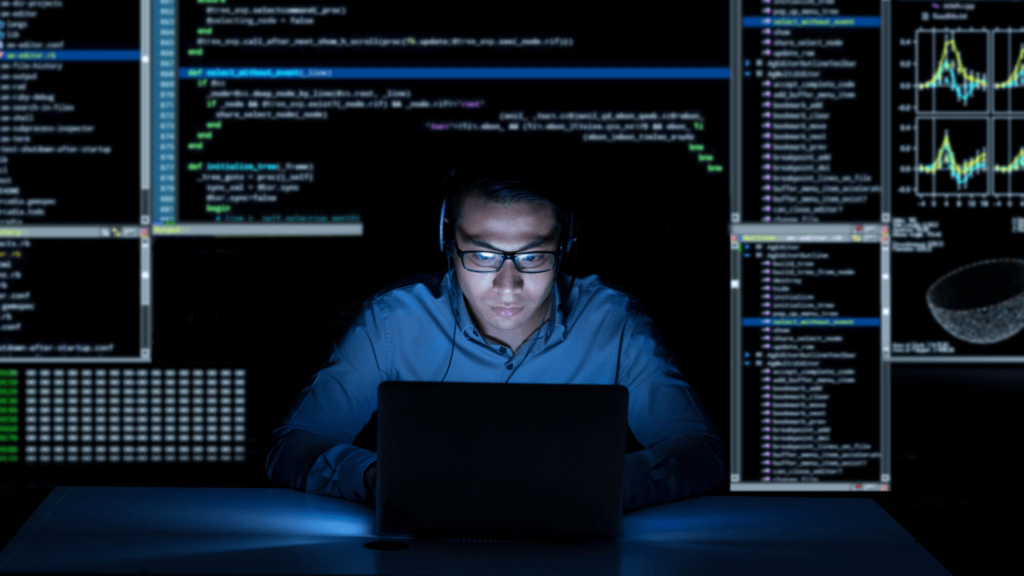The demand for software engineers is evolving rapidly as technology and industry requirements become more complex and specialized. By 2025, software engineers will need to bring not only technical proficiency but also adaptability and an interdisciplinary skill set to thrive. These top three skills are expected to be among the most critical for software engineers in 2025:
- Proficiency in Artificial Intelligence (AI) and Machine Learning (ML)

- AI and ML are no longer niche technologies; they are becoming foundational across industries. Software engineers with AI and ML expertise will be well-positioned to lead innovation, as companies strive to build smarter, data-driven applications. From predictive analytics to natural language processing, AI-driven solutions enhance user experiences and drive operational efficiency. Engineers proficient in these areas will help companies create more personalized, intuitive products that can self-improve through learning from data.
Key components of AI and ML proficiency include:
- Machine Learning Algorithms and Models: Engineers will need a thorough understanding of supervised and unsupervised learning, deep learning, and reinforcement learning. Skills in designing, training, and fine-tuning models will be essential.
- Data Processing and Analysis: Engineers should be skilled in preparing, cleaning, and transforming large data sets. A strong grasp of data analysis frameworks like Pandas, as well as experience with data pipelines, will be crucial.
- Frameworks and Tools: Proficiency with libraries and frameworks such as TensorFlow, PyTorch, and scikit-learn will be necessary for building efficient AI systems. Knowing how to optimize and deploy models in a scalable manner will also be important.
- Ethics and Bias in AI: AI ethics will become a key skill as AI adoption continues to grow. Understanding how to build fair, transparent, and explainable models is crucial to gaining trust and ensuring compliance with regulatory standards.
In the years ahead, these skills will be indispensable as AI and ML applications continue to transform sectors like healthcare, finance, and e-commerce. Engineers with AI skills will be pivotal in driving intelligent automation and creating applications that adapt to user needs.
- Cybersecurity Awareness and Secure Coding Practices

- With cyber threats becoming increasingly complex and frequent, cybersecurity is now a fundamental requirement for all software development. The rise in data breaches and the expanding regulatory landscape have heightened the need for security-first development. By 2025, security skills will be integrated into every phase of the software development lifecycle (SDLC), requiring software engineers to embed security into code from the start. This will help mitigate risks early, reducing vulnerabilities in production environments.
Key cybersecurity competencies include:
-
- Secure Coding Techniques: Engineers need to write code that inherently guards against vulnerabilities like SQL injection, cross-site scripting (XSS), and buffer overflow. Understanding the common vulnerabilities outlined in the OWASP Top 10 is essential.
- Authentication and Authorization Protocols: Proficiency in implementing secure authentication (e.g., multi-factor authentication) and managing permissions is crucial for protecting user data and maintaining application integrity.
- Encryption and Data Protection: Encrypting sensitive data, both at rest and in transit, and ensuring compliance with data protection laws (e.g., GDPR) will become standard. Familiarity with encryption protocols like TLS and AES is beneficial.
- Continuous Security Testing: Security testing will be embedded into the development pipeline, with automated testing tools for vulnerabilities and regular code reviews for security. Knowledge of DevSecOps practices will be essential.
As security becomes more integrated into every step of development, software engineers who understand secure coding practices will have a distinct advantage. They will play a vital role in protecting both the software and the reputation of the organizations they work for.
- Adaptability and Cross-Functional Collaboration in Agile Environments

The accelerating pace of technological change calls for software engineers who are not only adaptable but also collaborative. By 2025, software engineers will need to be comfortable working in agile, cross-functional teams that include designers, data scientists, product managers, and other specialists. Agile methodologies, such as Scrum and Kanban, emphasize iterative development, enabling rapid feedback and continuous improvement. Adaptable engineers can respond to changing requirements effectively, a skill especially valuable in environments with shifting project goals.
Critical aspects of adaptability and collaboration include:
- Agile Methodologies and DevOps Practices: Proficiency in agile practices allows engineers to iterate quickly and respond to user feedback. Familiarity with CI/CD (Continuous Integration/Continuous Deployment) tools like Jenkins or GitLab will help engineers deploy updates frequently and reliably.
- Communication and Teamwork: Effective communication skills allow engineers to work with diverse stakeholders, explain technical concepts, and understand user needs. This skill is essential in cross-functional teams, where projects benefit from varied perspectives.
- Lifelong Learning and Flexibility: Engineers will need the ability to quickly learn and adapt to new programming languages, tools, and platforms. Familiarity with a broad range of technologies allows engineers to pivot as industry needs change.
- Problem-Solving and Critical Thinking: As teams adapt to changing requirements, engineers need strong problem-solving skills to identify the best technical solutions under different constraints.
Working well in agile environments will allow software engineers to keep up with evolving technology and respond to real-time user needs. Collaboration and adaptability not only make projects more successful but also increase engineers’ resilience in a fast-changing job market.
RELATED ARTICLE
Conclusion
The future of software engineering in 2025 will demand a balance of advanced technical skills and versatile interpersonal abilities. AI and ML proficiency will allow engineers to build intelligent applications, cybersecurity awareness will ensure these applications are secure and resilient, and adaptability in agile settings will empower engineers to work effectively in dynamic, collaborative environments. These three skills represent not only the demands of emerging technology but also a new paradigm in software engineering—one that blends deep technical knowledge with a commitment to security, flexibility, and teamwork. Engineers who embrace these competencies will be well-prepared for a thriving career in 2025 and beyond.
